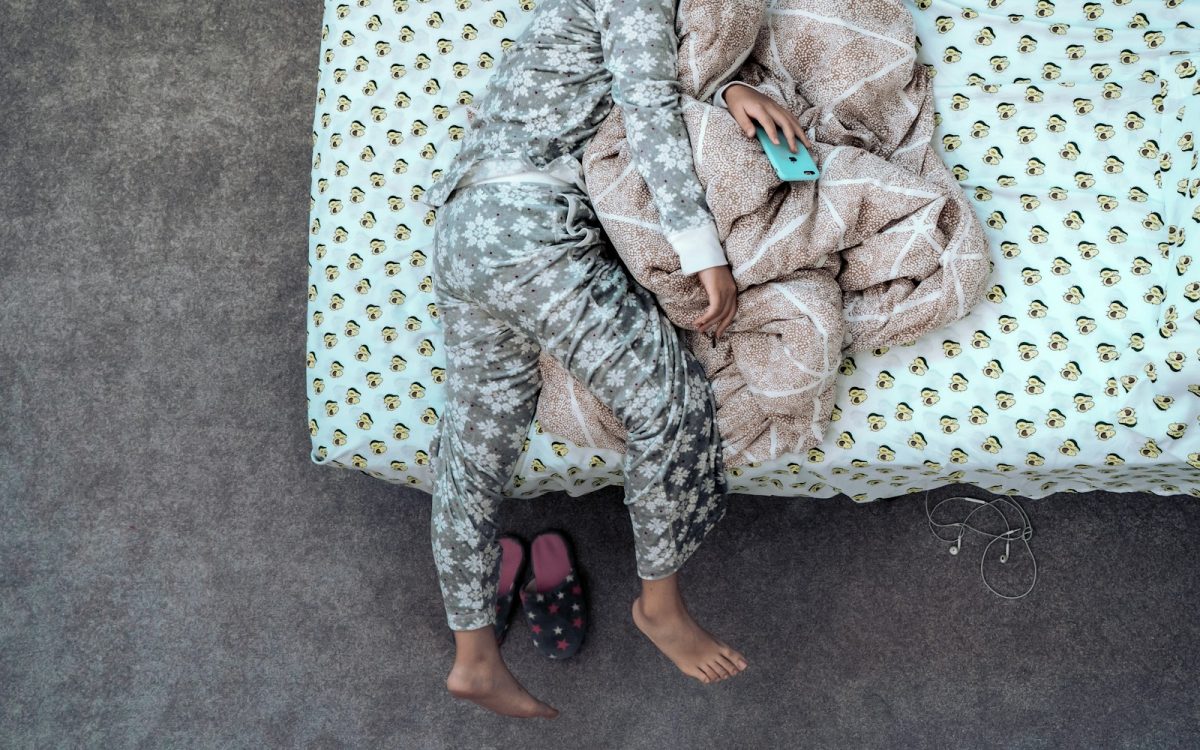How Genetics Influence Your Sleep Patterns
Meta Description: Discover how your genes affect sleep quality, circadian rhythms, and sleep disorders. Understand genetics’ role in your nightly rest.
Have you ever wondered why you’re naturally a night owl while others rise feeling refreshed at dawn? The answer may lie deep within your DNA. In this article, we’ll explore how genetics influence your sleep patterns, including your circadian rhythm, sleep quality, and susceptibility to sleep disorders. Whether you’re struggling with sleepless nights or just curious about your biological clock, this guide will help you understand the science of sleep and how it’s shaped by your genes.
Understanding the Science of Sleep
Sleep is more than just a way to recharge — it’s a complex biological process that affects memory, emotion, physical health, and even weight management. To grasp how genetics influence your sleep patterns, you first need to understand how sleep works.
The Circadian Rhythm Explained
Your circadian rhythm is your body’s internal clock, regulating the sleep-wake cycle over a 24-hour period. This rhythm is primarily influenced by external cues, like light and darkness, but it’s also heavily guided by your genetic makeup.
Sleeping Stages and Brain Activity
Sleep is divided into stages: light sleep, deep sleep, and REM (rapid eye movement) sleep. The duration and depth of these stages vary with age, lifestyle, and—importantly—your genes.
The Genetic Basis of Sleep Patterns
Your genes play a vital role in determining your natural sleep tendencies. From sleep duration to what time you prefer to go to bed, your DNA holds the blueprint for your sleep behavior. This core concept is key when exploring how genetics influence your sleep patterns.
Chronotypes: Are You a Morning Lark or a Night Owl?
One of the most obvious genetic influences on sleep is your chronotype — your natural inclination to sleep at certain times of the day. Researchers have identified specific genes, like PER1, PER2, and CLOCK, that control circadian timing. Variants of these genes can make you more active in the morning or lean toward late-night energy bursts.
- Morning Chronotype: Naturally awake early, peaks in productivity before noon.
- Evening Chronotype: Struggles in the morning but performs better in the late hours.
- Intermediate Chronotype: Falls somewhere in between.
Genes That Regulate Sleep Duration
Some people need eight or more hours of sleep, while others feel great with just six. This isn’t just personal preference—it’s in your genes. A notable gene associated with sleep duration is DEC2. People with a rare mutation in this gene can function with less sleep without impairing memory or physical function.
Sleep Disorders and Heredity
Do sleep disorders run in your family? Science says yes. Research has shown that many sleep disorders have a genetic component:
- Insomnia: Linked to genes that affect neurotransmitters like serotonin and dopamine.
- Sleep Apnea: Often hereditary due to inherited physical traits like airway structure.
- Restless Legs Syndrome (RLS): Strongly linked to specific gene variants.
- Narcolepsy: Associated with immune-related genes like HLA-DQB1.
LSI Keywords: Sleep Genes, Circadian Genes, Genetic Sleep Traits
Understanding terms like “sleep genes” and “circadian genes” helps your knowledge of how DNA influences sleep. These terms refer to genetic markers and sequences that affect when, how long, and how well you sleep. Genetic sleep traits such as melatonin production, hormone regulation, and metabolic rate all play a crucial part in shaping your sleep experience.
Can You Change Genetically Influenced Sleep Patterns?
While your DNA sets the foundation, it’s not a life sentence. You can adjust your habits and environment to improve sleep quality. Here’s how:
- Light Management: Use bright light in the morning and avoid screens before bed.
- Consistent Sleep Schedule: Go to bed and wake up at the same time every day, even on weekends.
- Physical Activity: Regular exercise promotes better sleep—but not too close to bedtime.
- Mindful Eating: Avoid caffeine, alcohol, and heavy meals before bed.
- Sleep Genetic Testing: Companies now offer genetic analysis to optimize sleep based on your profile.
By understanding how genetics influence your sleep patterns, you can make informed decisions to work with—not against—your natural biology.
How Genetic Testing Can Help Your Sleep
With the rise of personalized medicine, genetic testing services like 23andMe and DNAfit provide insights into your sleep traits. These reports can reveal your predisposition to being a night owl, your optimal sleep duration, and the likelihood of developing sleep disorders.
Such data can help:
- Tailor your sleep routine to match your chronotype
- Identify potential sleep-related health risks
- Consult effectively with sleep specialists
Final Thoughts: Embrace Your Genetic Sleep Type
Sleep isn’t one-size-fits-all. Your genes have a profound influence on how, when, and how long you sleep. Rather than fighting your genetic disposition, understanding how genetics influence your sleep patterns empowers you to optimize rest, improve health, and feel genuinely refreshed.
Whether you’re exploring the science out of curiosity or seeking better sleep, your DNA holds more answers than you might imagine. Sweet dreams, tailored by your genes!
Want to Sleep Smarter? Start Now
Consider taking a genetic sleep test or tracking your rest with a wearable device. You’ll be better equipped to align your sleep habits with your biology — and live a more energized, balanced life.




